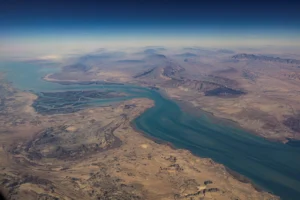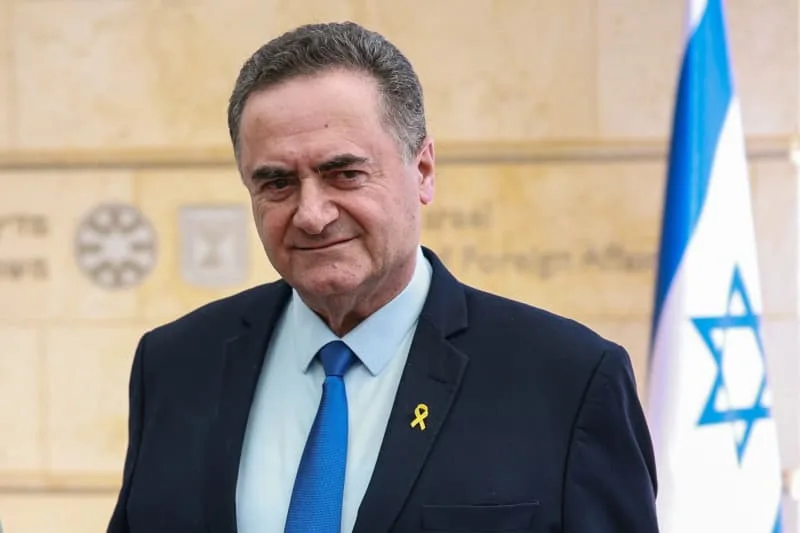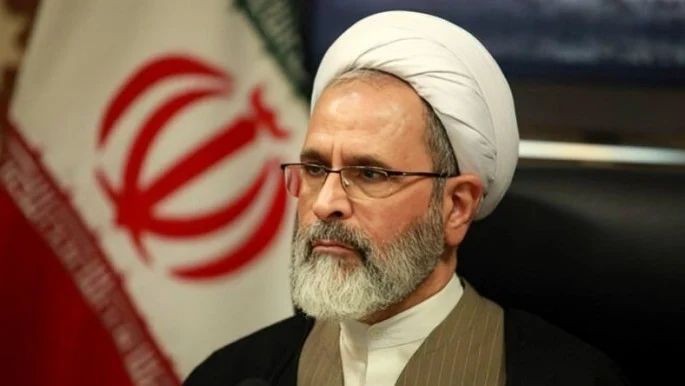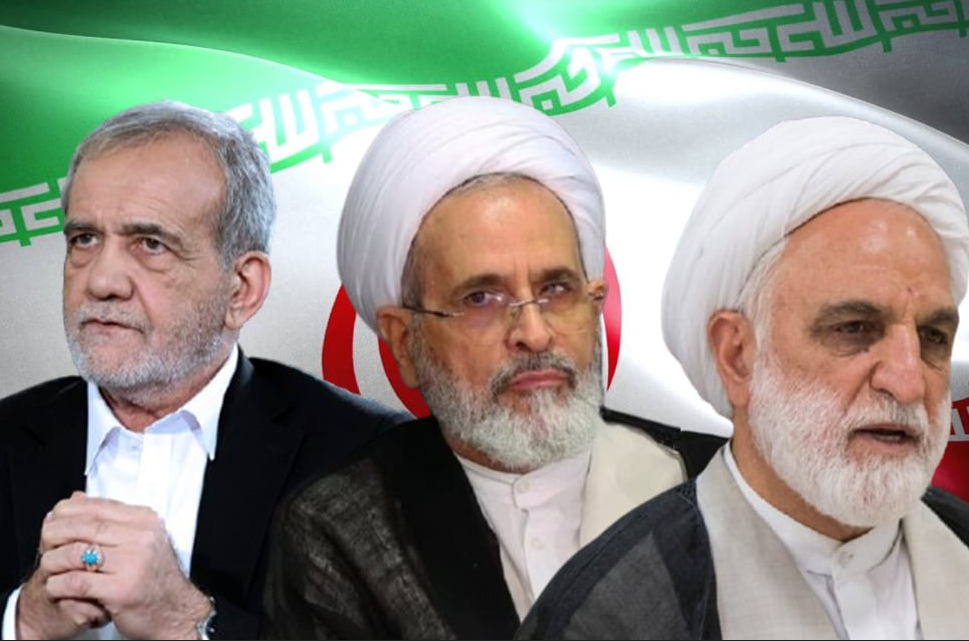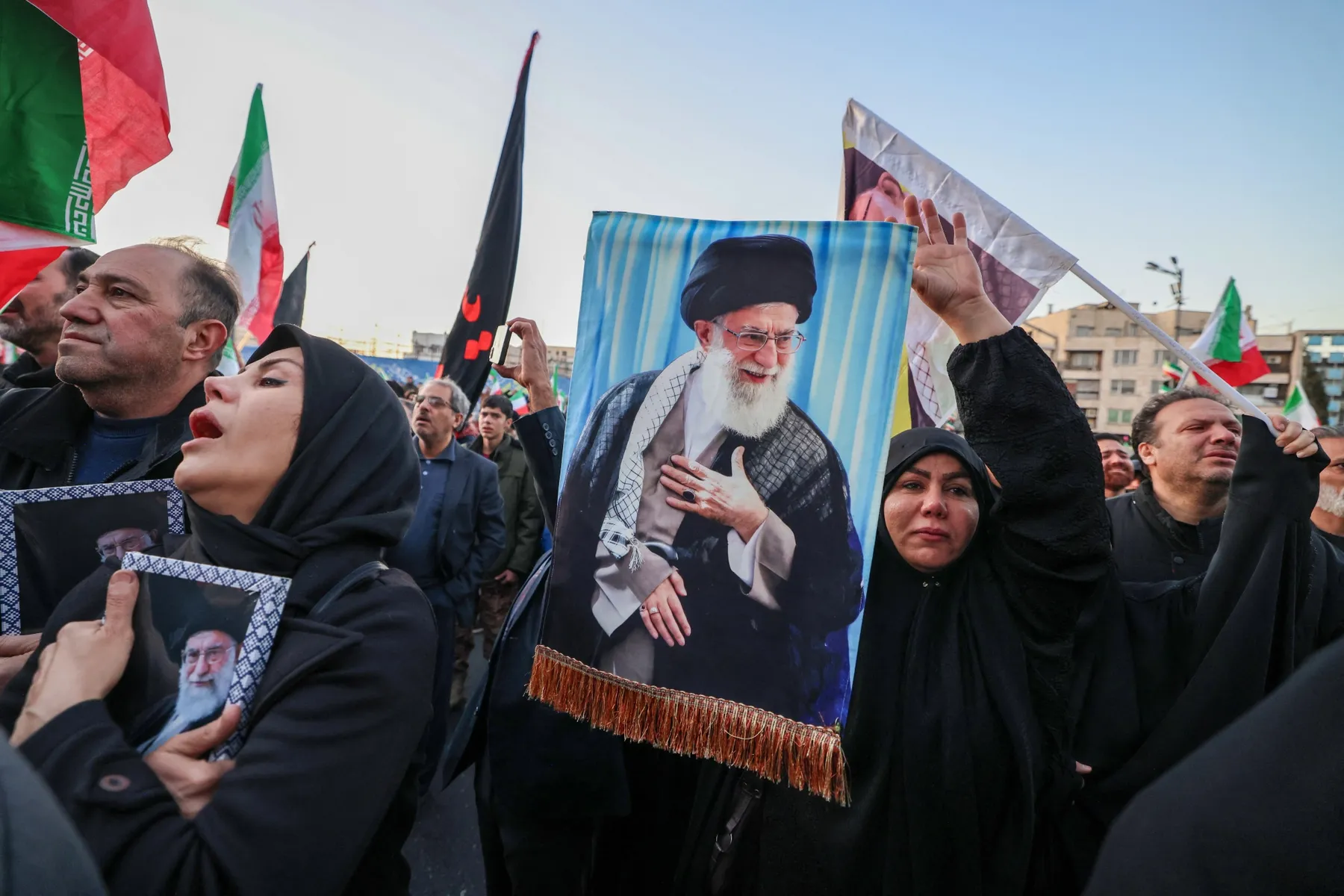Israel’s Defence Minister, Israel Katz, confirmed that Israeli troops will continue to stay in parts of the West Bank, especially in refugee camps, at least until the end of this year. These areas include the camps in Jenin, Tulkarem, and Nur Shams.
Katz described these camps as “hotbeds of terror” that had acted as bases for attacks against Israel. He added that these groups received support from Iran. After a recent large military operation, Katz stated that “there is no more terror in the camps today.”
At the start of the year, Israel launched its largest military offensive in years against Palestinian militants in the northern West Bank. The operation caused heavy casualties and forced tens of thousands of Palestinians to leave their homes. Many neighborhoods were heavily damaged.
This military action drew criticism from international bodies. The United Nations and the European Union expressed concern about the violence. The UN reported that many women and children were among the casualties. In February, the UN’s human rights office called the displacement of Palestinians “unprecedented” in the occupied West Bank in recent decades.
The offensive came after repeated attacks on Israelis in the West Bank. Since the Gaza war began nearly two years ago, violence by Israeli settlers against Palestinians has also grown.
The West Bank and East Jerusalem were captured by Israel during the Six-Day War in 1967. Today, about 700,000 Israeli settlers live in these areas among approximately 3 million Palestinians. Palestinians claim the West Bank and East Jerusalem as part of their future state, with East Jerusalem as its capital.


